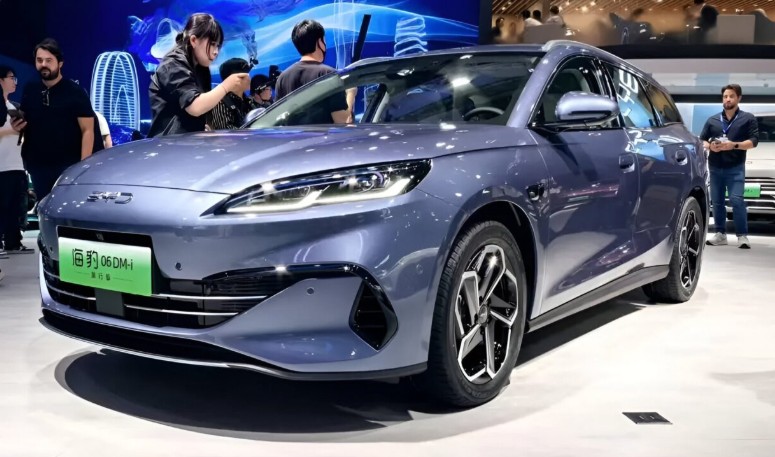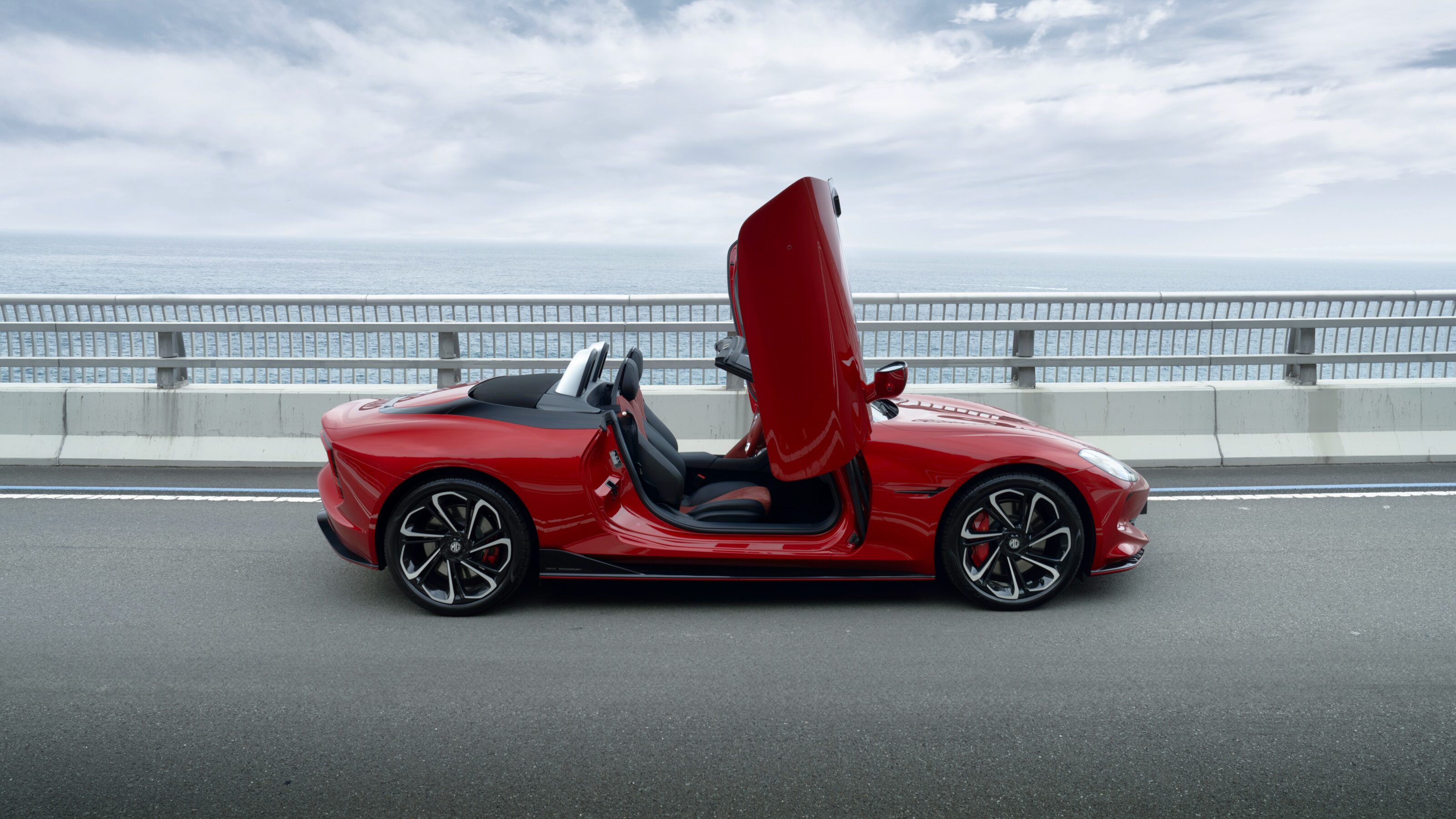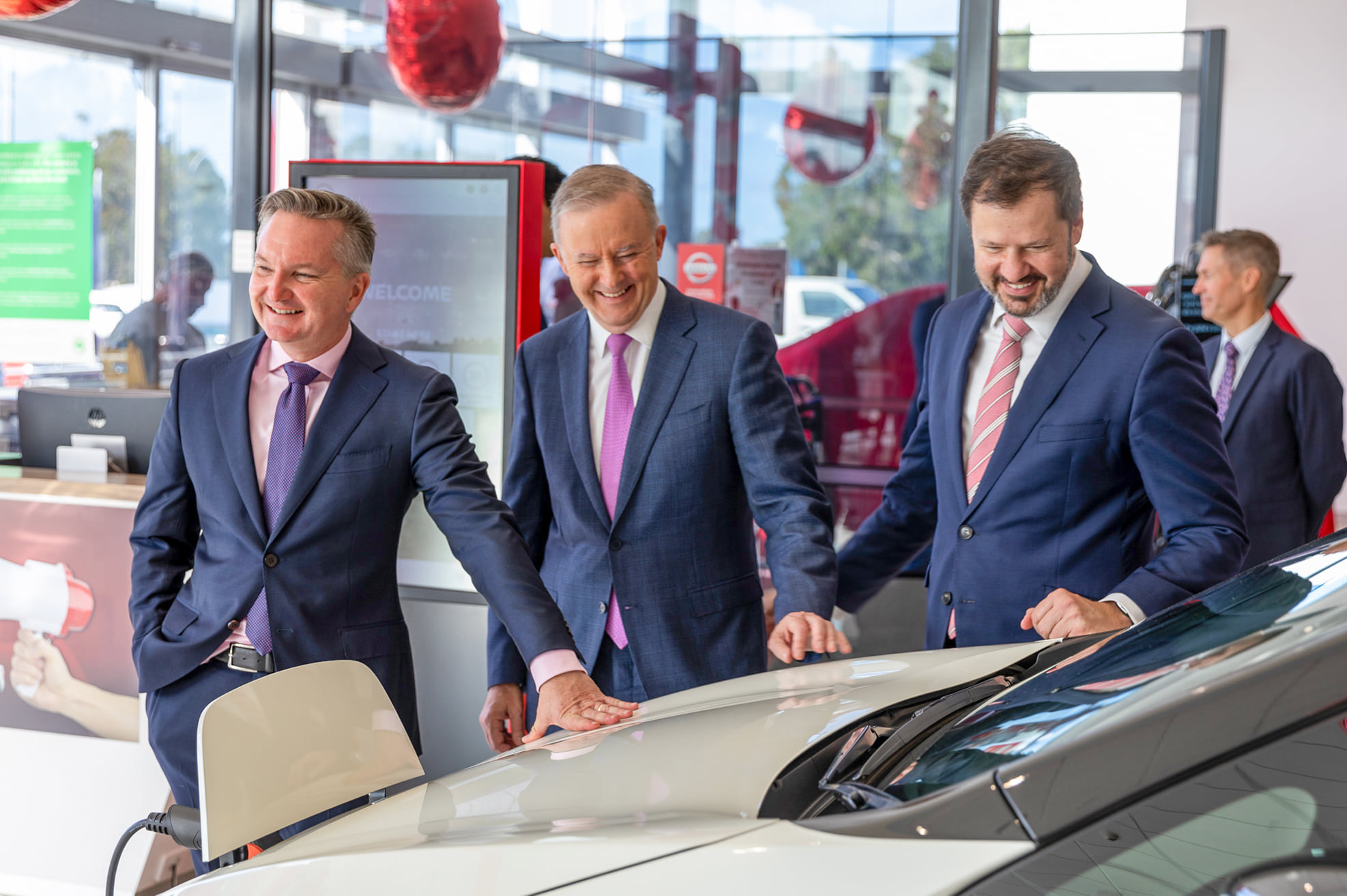
Snapshot
- PHEV discounts to be phased out in 2025
- Federal Government fleet to go electric
- FBT exemption for fleets
The Federal Government has negotiated a compromise to get its election promise of incentives to make electric cars cheaper through the Senate.
Labor’s bill had been held up by an objection from the crossbench to the inclusion of plug-in hybrids (PHEV).
Greens senators and the independent Senator for ACT, former Rugby Union player David Pocock, agreed to a deal to phase out discounts on PHEVs in April 2025. The Federal Treasurer, Jim Chalmers, was keen for PHEVs to be included in the bill to ease concerns over EV driving range for rural buyers.
Some car companies expect 2025 to be the inflection point where EVs cross over with internal-combustion engine (ICE) vehicles’ pricing, although COVID-19 may put paid to that.
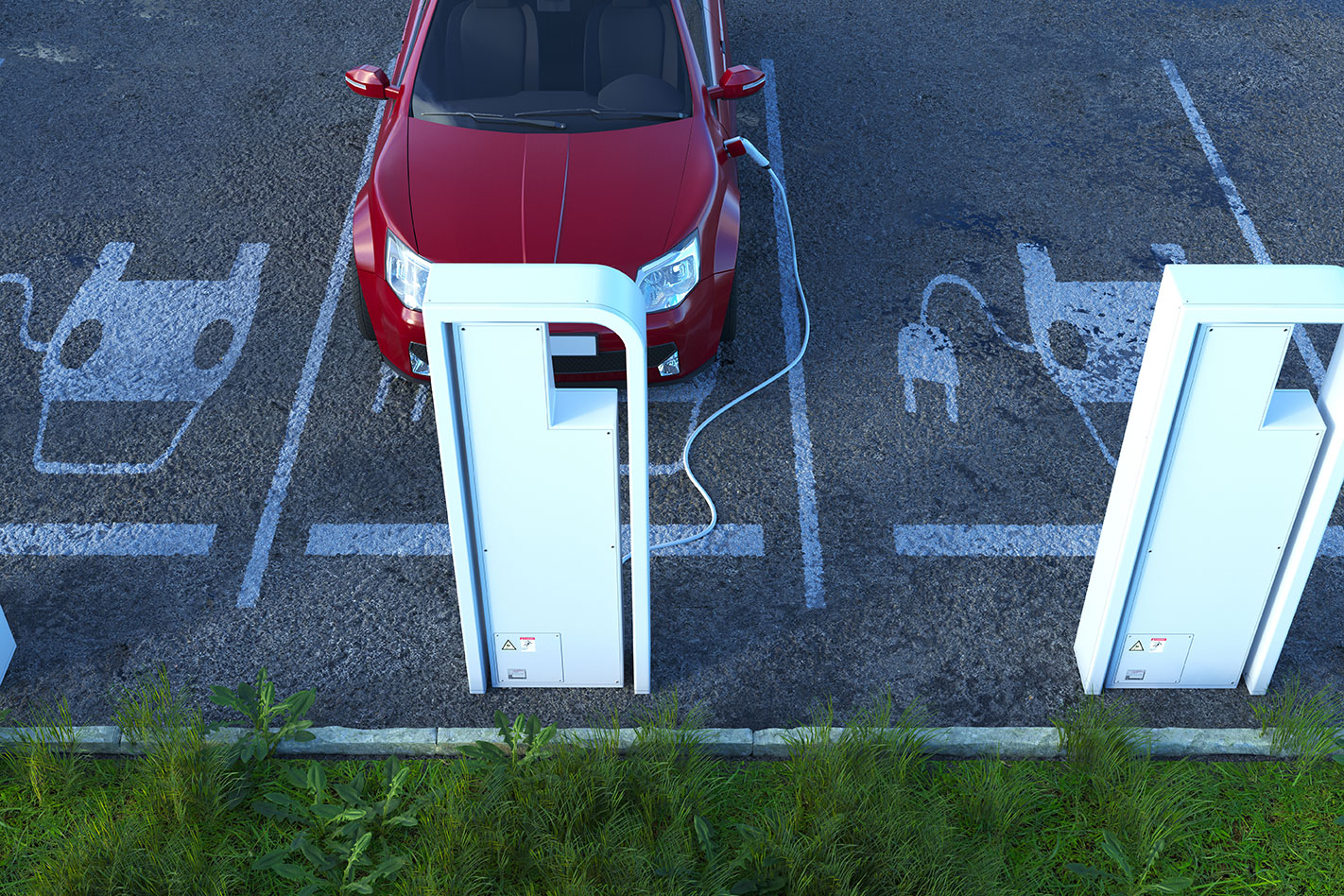
The Government has also agreed to only buy internal-combustion engined vehicles where absolutely necessary. EV lobbyists often put forward the idea that a government fleet of EVs accelerates the creation of a second-hand market, which will help buyers who can’t afford a new car.
Greens lower house MP Adam Bandt agrees, claiming the policy as a win for his party, which moved the final amendments to clear the way through the Senate. “The Government fleet will go electric and when these cars are sold second-hand it will help bring [down] the cost of EVs for everyday people,” he said.
Senator Pocock echoed Bandt’s sentiments. “Bold and decisive action is needed to address high EV prices.”
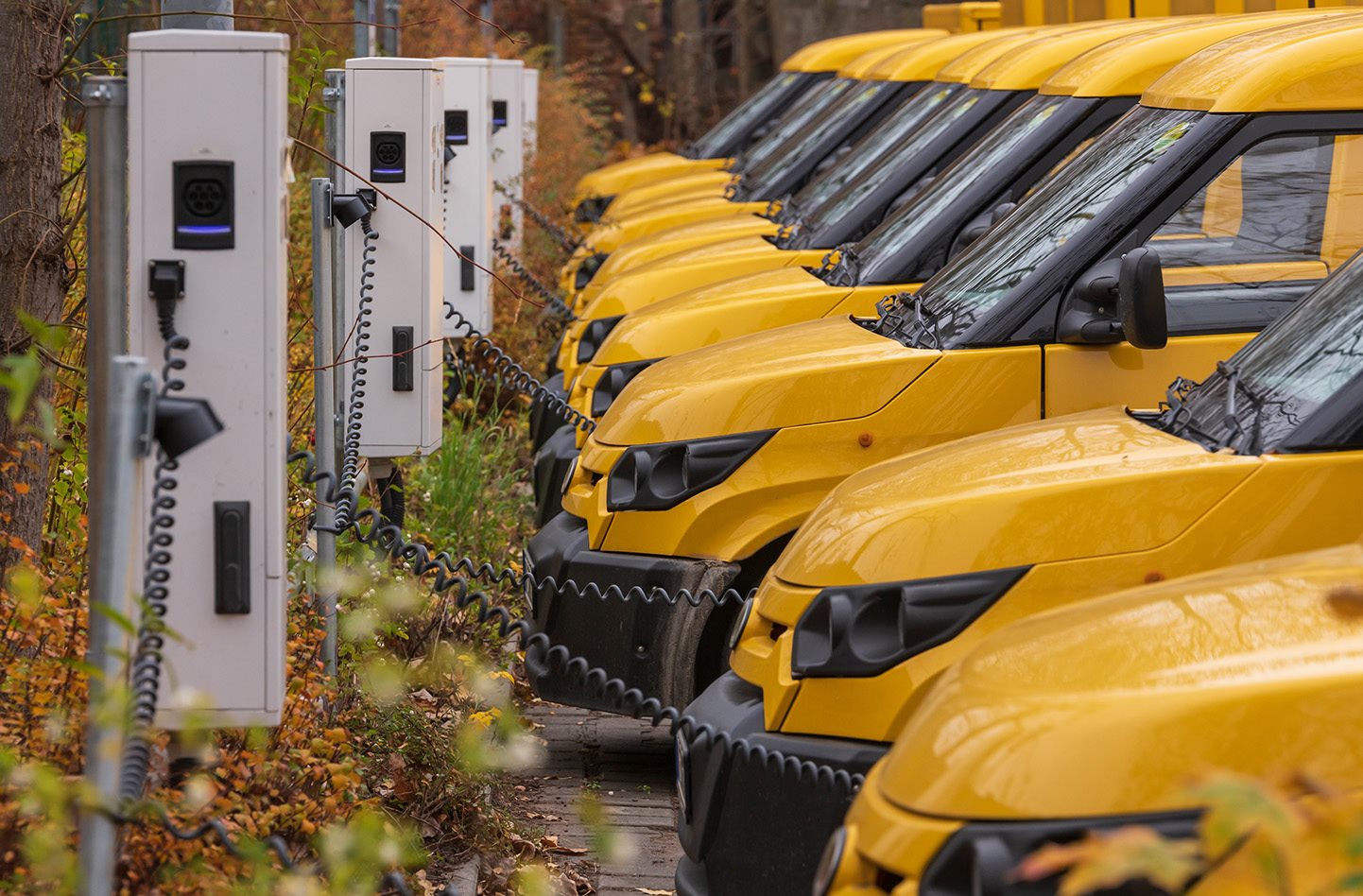
The policy is expected to reduce the cost of cars like the BYD Atto 3, MG ZS and Nissan Leaf by between $1000 and $2000 for retail buyers with the axing of import charges. Fleets will see bigger discounts in the form of Fringe Benefits Tax exemptions. The Government said earlier this year that savings could be up to $4700 for employees salary-sacrificing a car and up to $9000 for businesses.
The bill has been backdated to July 1, 2022, and the discounts are in addition to the available incentives offered by states. The discounts apply to cars below the Luxury Car Tax threshold of $84,916
Opposition estimates put the cost of the bill at $4.5 billion over the next decade, although it’s unclear whether the incentives would last that long.

Labor’s Jim Chalmer’s talked up the package, saying: “The Government has worked in good faith with the crossbench on amendments. These changes are a win for motorists, a win for business and a win for climate action.”
The policy win comes on the back of a positive week following the COP27 climate summit in Egypt, with other nations praising the new Government for being easier to work with on climate than the previous one.
“This is a landmark moment for EV policy in Australia. It’s a powerful demonstration of how far we’ve come in just a few short years,” said Electric Vehicle Council chief executive Behyad Jafari.“This bill will allow thousands more Australians to get behind the wheel of an EV where they can access the benefits of lower fuel bills, cutting pollution, and an enjoyable driving experience.“Making new EVs easier to buy will turbocharge the creation of a strong second-hand market for EVs, which is vital for affordability.“If the federal government combines this bill with new fuel efficiency standards we will soon see a market develop in Australian through which everyone will be able to enjoy the benefits of EVs.“By achieving stronger EV uptake we will significantly lower Australia’s carbon emissions and reduce our precarious dependence on foreign oil.”
We recommend
-
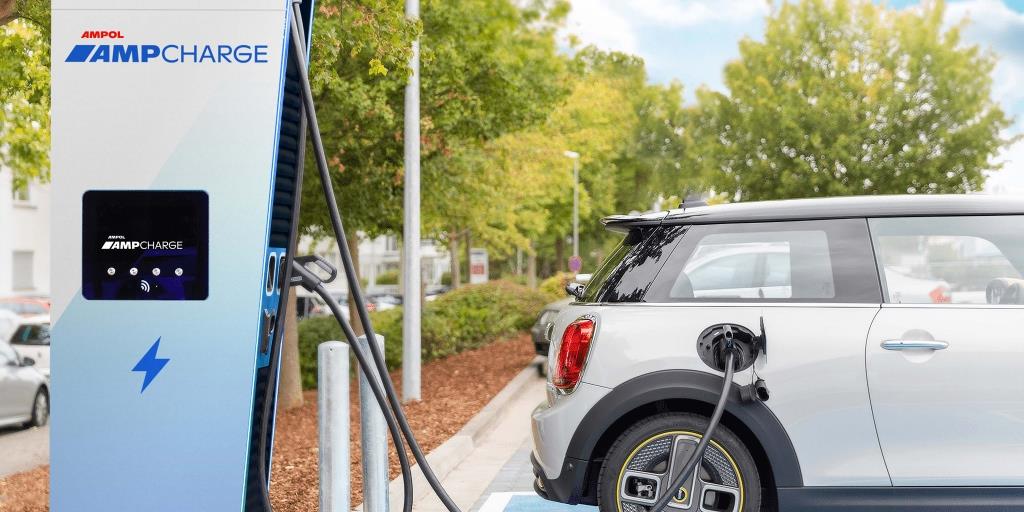 News
NewsFederal Government launches consultation on EV strategy
Australia can't afford to go at the pace other countries did, leaders say, we're already too far behind the curve
-
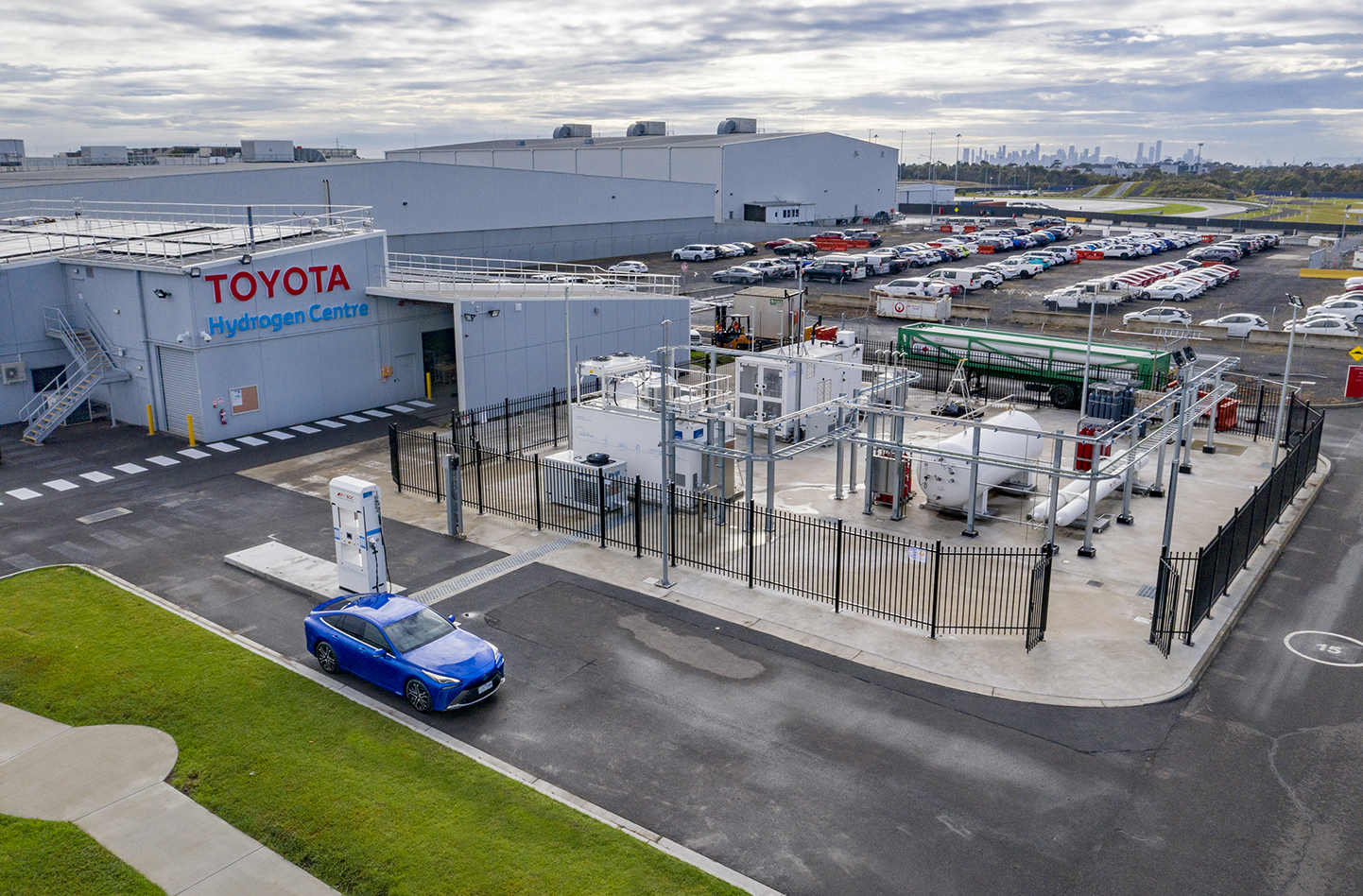 News
NewsFederal Budget: Hydrogen industry receives billions as EVs snubbed
Electric vehicles have been left on the outside, with the Government eyeing hydrogen as its path to reduced emissions
-
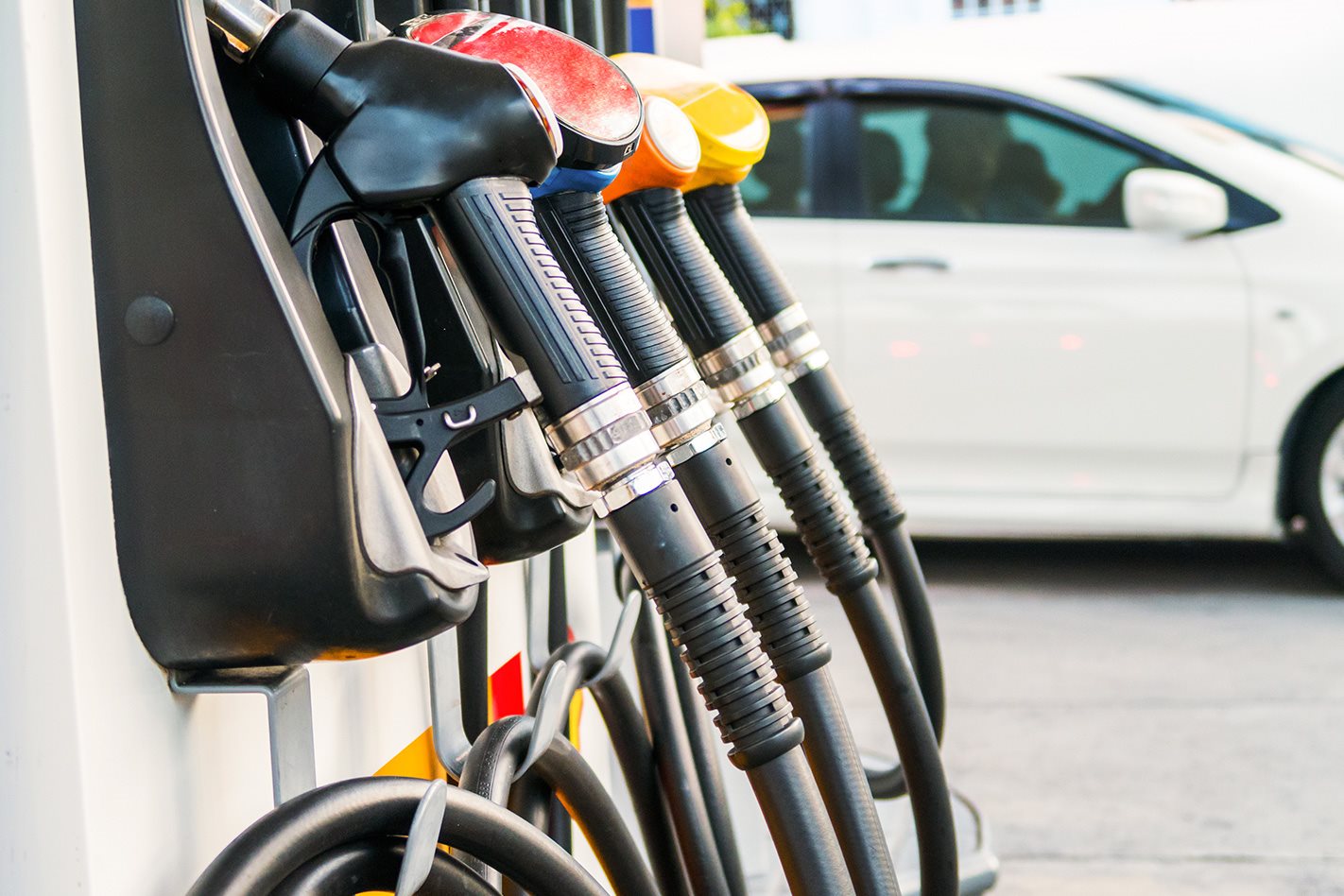 News
NewsFederal Government brings forward fuel quality legislation
Previous Government announced plan to bring forward the 10ppm sulphur limit to 2024 instead of 2027, Albanese administration puts it in motion


